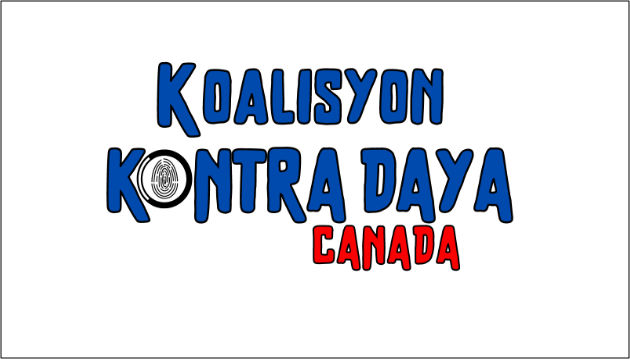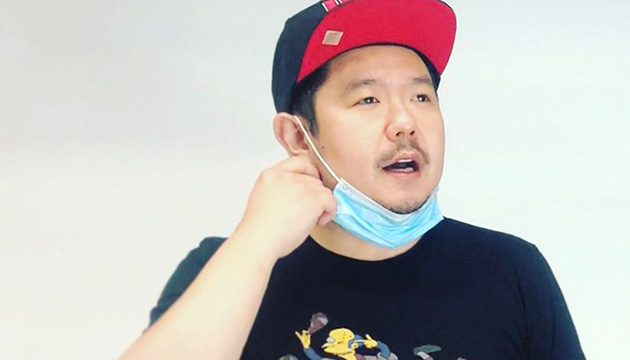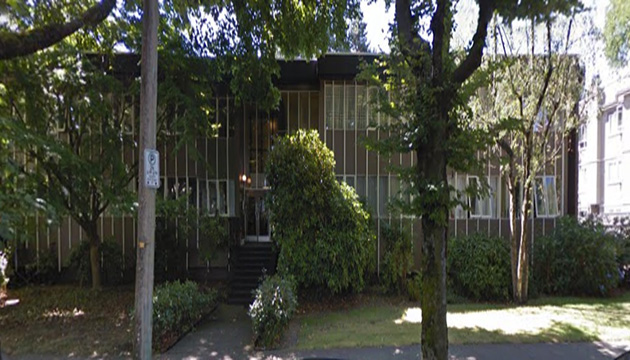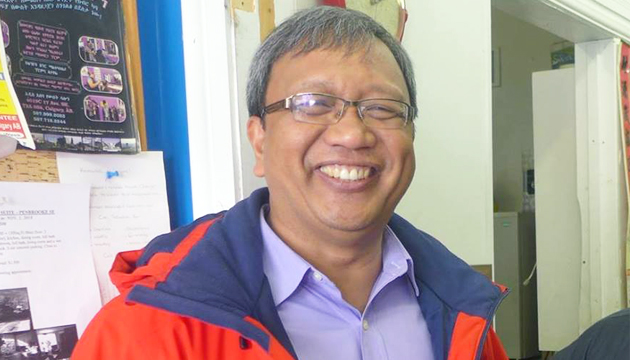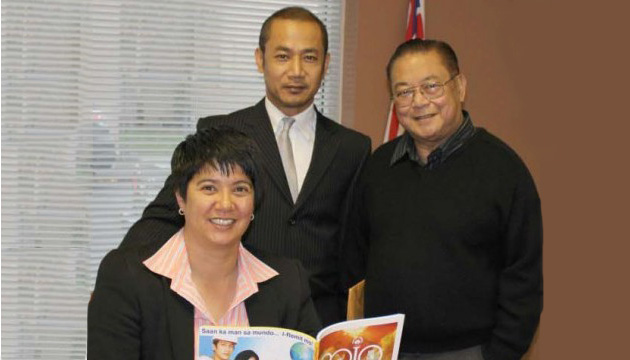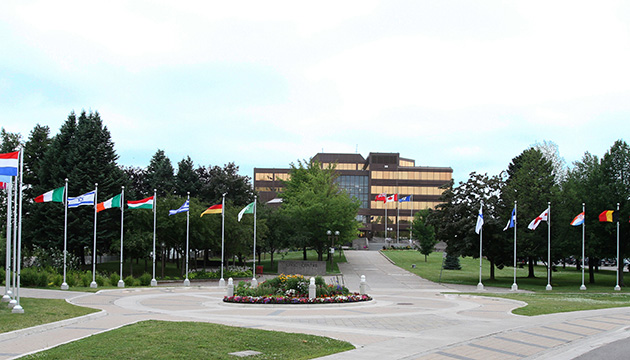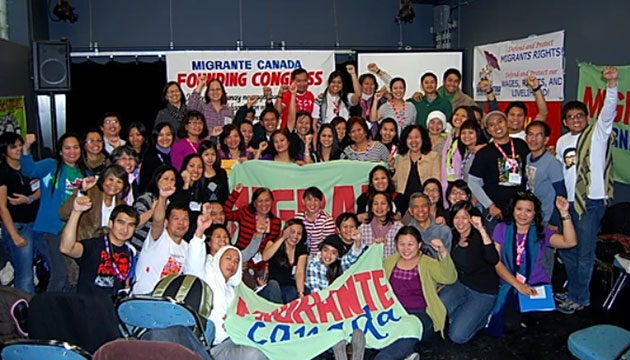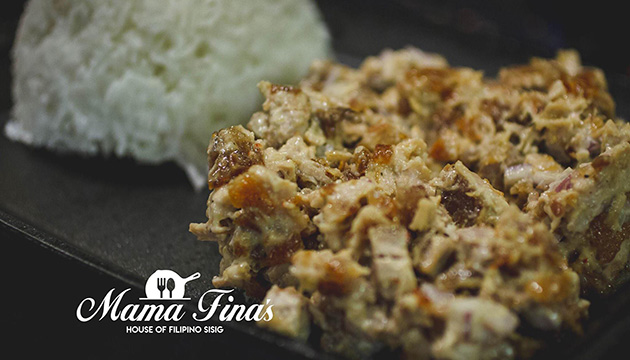As evidenced by two countries on either side of the Pacific Ocean, this year marks the beginning and the end of that ideal often referred to as the “last great experiment” – democracy.
The term “last great experiment” was coined by George Washington who, in 1790, was at the forefront of the establishment of the world’s first liberal democracy in America. It is in a democratic form of government where the concepts of separation of church and state, freedom of speech, equal opportunity and all others that make for a free people able to govern themselves reside.
In May, the Philippines was said to have overwhelmingly elected Ferdinand Marcos Jr., son of the late dictator, reportedly garnering over 31 million votes or 60 percent of total ballots. The victory was so historical that the country has never seen such a landslide victory, beating even that of his father, Marcos Sr., who garnered just over 51 percent in 1965.
In June, a week after the Philippines celebrated its 124th Independence Day, Latin America’s Colombia elected its first-ever leftist president in the person of Gustavo Petro. Former guerilla member Petro beat a right-wing conservative and real estate magnate in a run-off election that saw him garner over half of all votes.
Colombia and the Philippines draw uncanny similarities. The poverty rate in Colombia is at 43 percent while the Philippines isn’t too far at 46 percent. The Philippines is one of the oldest democracies in Asia, while Colombia is the second oldest in Latin America, following Costa Rica.
Though the similarities between the two democracies are remarkable, the respective presidents-elect couldn’t be any more different. One is the only son of a deposed dictator, whose campaign images were fashioned to remind the public of his provenance – from the outfits to haircuts to a manner of speaking. His was an image defiant of the wrongs his family has inflicted throughout his father’s rule.
The other was raised by a family of farmers of modest means. At age 17, Petro joined Colombia’s guerilla movement that opposed the sitting government.
In 1985, Marcos Jr. was appointed by his father as chair of the Philippine Communications Satellite Corporation the lone agent for the country’s link to the global satellite network, where he was said to have drawn a monthly salary in thousands of dollars despite having no actual duties. In the same year, Petro was arrested and sent to prison for 18 months, in which time he mulled the place of the guerilla movement in improving a lot of his motherland.
Though starkly different from each other particularly in political colour, both presidents-elect currently have investors on edge. Petro’s anti-open pit mining, anti-fracking and anti-oil exploration platform is scaring investors into pouring much-needed capital into a country whose economy relies heavily on such natural resources. On the other hand, Marcos Jr.’s absence of neither governance nor an economic platform naturally is driving away investments, which does not bode well with the country’s ballooning debts, rising inflation and the continually weakening peso against the greenback.
Whichever way these two presidencies pan out (in the next four years for Petro and six for Marcos Jr.), one thing is certain: that in order to keep the great experiment that is democracy alive, its citizens must remain vigilant in holding those in power accountable – a difficult lesson learned by Filipinos 36 years after the fall (now rise) of the Marcoses.
For the Canadian Filipino Net Editorial Board
Contact us at



